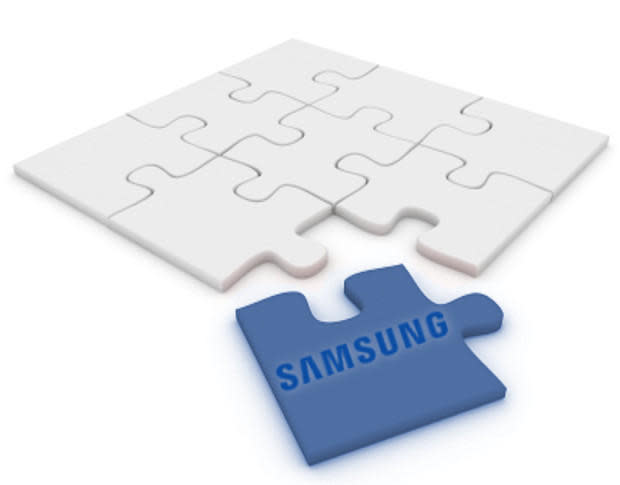Will Samsung's scaling back be enough?

It's no secret that Samsung's bottom line has taken as major nose dive over the last year. To some pundits, it looked like a death knell for Android. But those pundits didn't exactly have a solid grasp on the big picture. With smaller competitors creating better devices, it should have come as no surprise that a giant the likes of Samsung could be toppled -- especially when said giant did two things very wrong:
They placed their "flagship" eggs in a product that wasn't flagship worthy (the Galaxy)
They diversified too much
So, in effect, Samsung had too many devices, none of which could best the other manufacturers' best. The Galaxy couldn't hold a candle to the HTC M8, LG G3, or Droid Turbo.
However, the light at the end of the tunnel has finally started to shine its beckoning call. Samsung finally announced that they were scaling back. Their goal is to decrease the number of models produced by 25-30%. Samsung needs to understand one thing -- cutting back the number of variations on the Galaxy theme alone isn't going to cut it.
What else are they planning?
Scaling back their own media hubs in favor of Google alternatives
No longer focusing on the likes of S Voice (in favor of Google apps)
In other words, Samsung is going to finally stop trying to duplicate Google's efforts and just adopt and embrace the superior Google experience. This is a solid move on the part of Samsung. Their S Voice never did materialize into anything truly viable, and many other efforts failed to make more than the slightest ripple in the Android ecosystem.
Still, there's an elephant in Samsung's meeting room -- the lack of a flagship device that can honestly compete. The Galaxy is a joke. Sure, maybe the specs can stand up to some of the competition, but when those specs are housed in a plastic device that looks more at home in the toy aisle, the specs take a back seat.
Samsung needs to pay very close attention to this. If they don't unleash a rock star as their next flagship device, all of the scaling back won't matter. HTC, LG, and Motorola will leave Samsung in the dust. The road to profit doesn't lay in the cutting of costs and scaling back -- it rests solely on the compant retaking the mobile space by storm and creating a device that everyone must have. This is why Apple is so successful. Through the magic of PR and an amazing nod to aesthetics, Apple creates products that consumers think they must have. Samsung hasn't had that mojo in a very long time -- and if they don't reclaim that mojo, they'll see profits continue to fall... and fall fast.
Naturally, I have a solution for Samsung. It's a very simple one. Here's how it looks:
Drop the Galaxy line
Create a single line of devices with a consistent design scheme
Create a device for each level of the spectrum (entry level to flagship) on both the tablet and smartphone side of the coin
Lean heavy on the design element (think metal, not plastic)
Size the phones somewhere between the Moto X and the HTC M8
Release the devices with the most recent (and vanilla) iteration of Android
Market the crap out of this new line
That's it. Instant success. Not only do you create a device that follows the current trends, you avoid adding confusion to the consumer side (Note vs. Tab vs. Galaxy vs. vs. vs. ... ). By replacing the current "flagship" with a device truly worthy of the title, it will effectively bring "cred" back to the name Samsung.
The truth is, this ship can (and should) be righted. Samsung is part of the reason why Android now enjoys such massive popularity. They did it once, and they can do it again. It may be a tough road for a while, but it's far from impossible.
What do you think? Can Samsung pull out of this funk? If so, what's the solution? Share your opinion in the discussion thread below.

